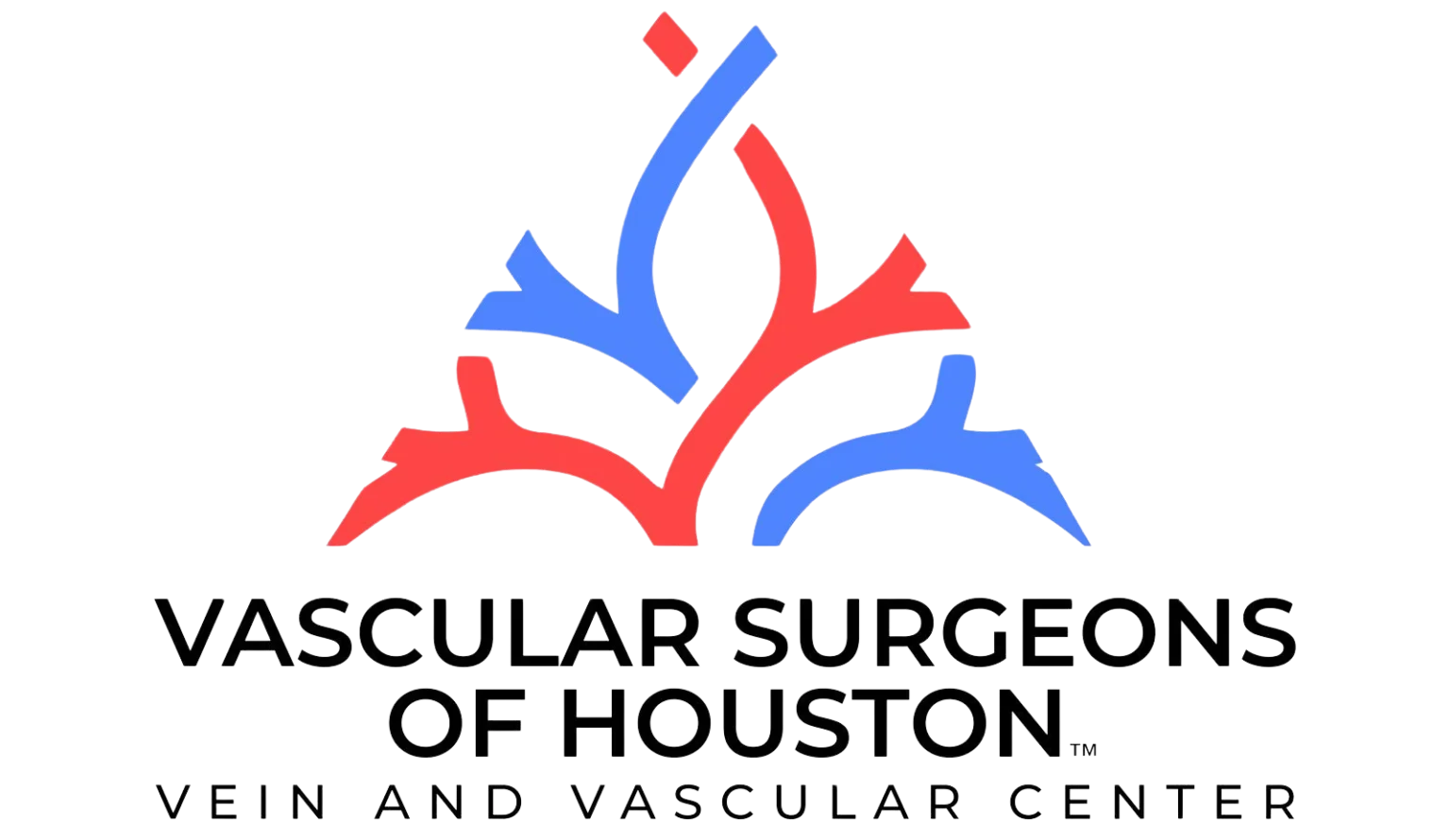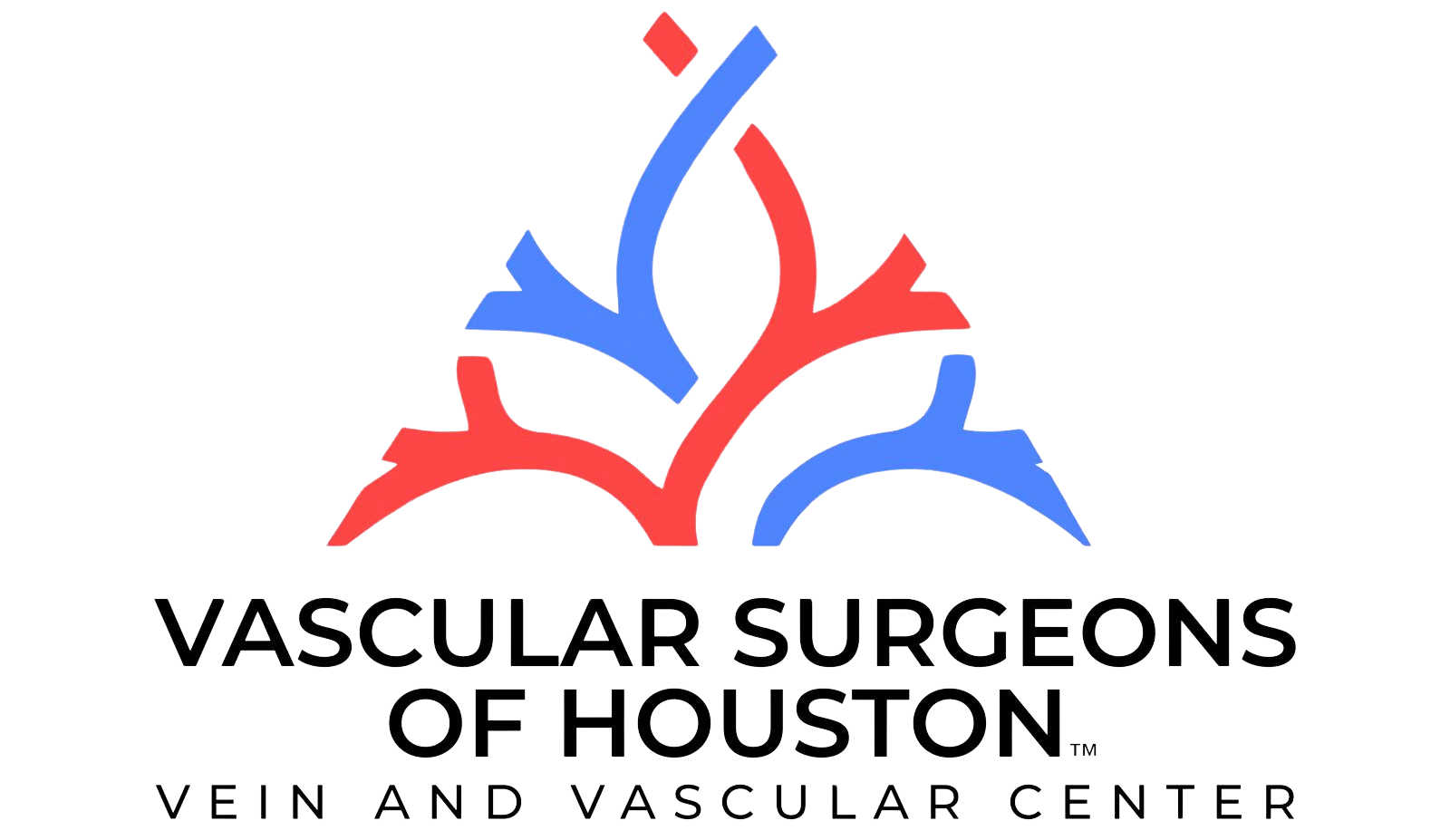Top 5 Signs It’s Time for Varicose Vein Treatment
Are You Ignoring Signs of Vein Disease?
If your legs ache, swell, or look discolored, it may be more than just a cosmetic concern. Varicose veins affect over 30 million Americans, yet only 10% seek treatment, often because they assume the symptoms are harmless.
In reality, untreated varicose veins can lead to serious circulatory complications, including skin damage, blood clots, and non-healing ulcers.
So, how do you know it’s time to see a vein specialist like Dr. Neil Desai, board-certified vascular surgeon at Vascular Surgeon of Houston?
Here are the top 5 medical warning signs to watch for:
1. Leg Pain or Heaviness — Especially at Night
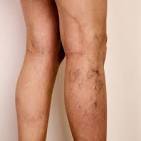
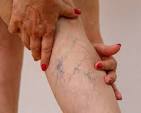
If your legs feel tired, heavy, or achy, particularly after standing or walking, you could be experiencing chronic venous insufficiency (CVI). This is a condition where blood flows backward in your leg veins due to damaged or weak valves.
According to the Society for Vascular Surgery, up to 40% of adults suffer from CVI.
Key Sign: Pain worsens at the end of the day or while resting
Why It Matters: Poor circulation leads to inflammation, pressure buildup, and increased vein damage over time
2. Twisting, Bulging, or Rope-Like Veins
Varicose veins are more than just visible — they’re enlarged, deformed veins that can signal deeper vein dysfunction.
These veins often appear:
- Dark blue or purple
- Raised and twisted, like cords
- Most often on the calves and inner thighs
Fact: Nearly 23% of adults in the U.S. have varicose veins, and prevalence increases with age, especially for women over 50.
Clinical Insight: These veins are a clear visual indicator that blood is pooling instead of flowing properly back to the heart.
3. Swelling in the Ankles or Lower Legs (Edema)
Do your shoes feel tight at the end of the day? Swelling is a key warning sign of worsening venous reflux. As blood pools in the legs, fluid leaks into the surrounding tissues, causing persistent or intermittent swelling.
Common Triggers: Sitting or standing for long periods
Risk: If untreated, swelling can lead to lipodermatosclerosis — hardening and scarring of the skin and tissue
Did You Know? Studies show that 30–50% of people with varicose veins also suffer from recurring leg swelling.
4. Discolored, Dry, or Thickened Skin on Legs
Chronic inflammation due to poor circulation can cause your skin to change in color and texture. Common symptoms include:
- Brown or reddish discoloration (hemosiderin staining)
- Dry, itchy patches (venous eczema)
- Thickened or leathery skin (stasis dermatitis)
Medical Risk: These changes may precede the development of venous leg ulcers, which are difficult to heal and prone to infection.
Clinical Data: According to The Journal of Vascular Surgery, skin changes are often present years before ulcers form, making early intervention critical.
5. Non-Healing Wounds or Open Leg Ulcers
The most serious sign of advanced vein disease is the formation of venous ulcers, often around the ankles or lower calf. These wounds may start as small sores and can progress into painful, deep ulcers that resist healing.
Key Fact: Up to 70% of leg ulcers are caused by venous insufficiency.
Average Healing Time Without Treatment: 6–12 months
Complication Risk: Infection, cellulitis, or even limb amputation in severe cases
If you have a leg wound that hasn’t healed in over 2–4 weeks, seek a vascular evaluation immediately.
Advanced Treatment Options at Vascular Surgeon of Houston
Dr. Neil Desai offers a full suite of minimally invasive vein treatments in a comfortable, outpatient setting:
In-Office Procedures:
- VenaSeal™ – medical-grade adhesive seals the vein shut
- Varithena® – an injectable foam that collapses the diseased vein
- Endovenous Laser Ablation (EVLA) – laser energy closes faulty veins
- Compression Therapy – improves circulation and supports healing
Why It Works: These procedures target the root of vein disease, venous reflux, and restore normal blood flow.
Most treatments are covered by insurance when medically necessary.
Why Houston Patients Trust Dr. Neil Desai
Dr. Desai is a board-certified vascular and endovascular surgeon with:
- Over 10 years of experience in treating arterial and venous disease
2. Training from the University of Texas Medical School and the University of South
3. Carolina
4. A compassionate, patient-focused approach
5. Thousands of successful outcomes in Cypress and Houston, TX
Book Your Vein Consultation Today
Don’t wait for your symptoms to get worse. Whether you’re dealing with visible veins, aching legs, or open sores, early treatment prevents serious complications.
Schedule Your Consultation!
Healthy legs are not just a luxury — they’re a sign of good vascular health. Let us help you walk pain-free again.
Recent Posts
-
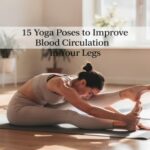
15 Yoga Poses to Improve Blood Circulation in Your Legs
January 9, 2026 -

10 Things You Can Do Today for a Healthier Heart and Better Flow
January 7, 2026 -

7 Effective Exercises for Chronic Venous Insufficiency
December 23, 2025 -

10 Superfoods That Improve Your Blood Circulation Naturally
December 23, 2025 -
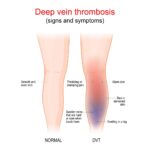
Blood Clot in Leg Treatment in Houston: Expert DVT Care 2026
December 19, 2025 -
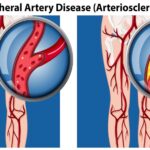
How Laser Ablation Can Help with Chronic Pain: Houston’s Leading Solutions
December 8, 2025 -
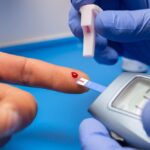
How Diabetes Affects Your Vascular Health
December 3, 2025 -
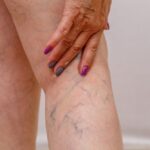
What Causes Varicose Veins in Your Legs?
December 3, 2025 -

Top 5 Signs You Need to Consult the Best Doctor for Vascular Surgery
December 3, 2025 -

Top 10 Vascular Surgeons in Texas: A Comprehensive Guide
December 3, 2025 -
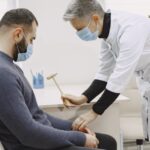
5 Key Factors to Consider When Choosing the Best Vein Specialist
November 3, 2025 -
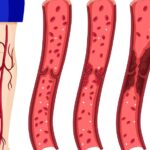
The Causes, Symptoms, and Treatments of Peripheral Venous Disease
November 3, 2025 -
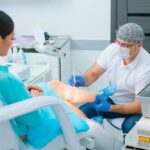
Expert Limb Preservation Services in Houston Hospitals
November 3, 2025 -

Top 5 Vein Specialists in Houston: Expert Guide 2026
November 3, 2025 -
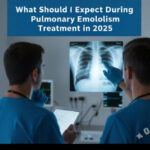
What Should I Expect During Pulmonary Embolism Treatment in 2026
September 30, 2025 -

Top 10 Vascular Surgeons in Texas | Best Vascular Specialists 2025
September 12, 2025 -
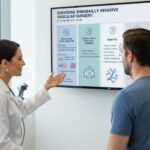
Choosing Minimally Invasive Vascular Surgery: A Comprehensive Guide
September 11, 2025 -

Top 5 Houston Vascular Surgeons for Effective Vein Care
August 26, 2025 -

Top 5 Signs You Need to See a Vascular Surgeon in Houston
August 19, 2025 -

How to Choose the Best Vascular Surgeon in Houston: A Complete Guide
August 18, 2025 -
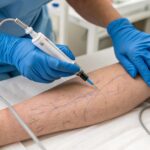
Understanding Vascular Health: When to See a Specialist Like Dr. Desai
July 28, 2025 -

Why Do I Need to See a Vascular Surgeon for PAD?
July 21, 2025 -
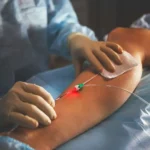
Top 5 Signs It’s Time for Varicose Vein Treatment
July 7, 2025 -
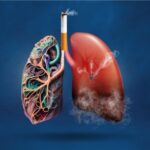
How Smoking Affects Your Vascular Health? Discover the Risks of AAA, PAD, and Stroke
July 4, 2025 -
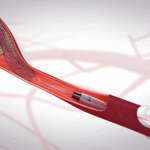
Preventing Strokes with TCAR: Revolutionary Treatment Now Available in Cypress
June 23, 2025 -
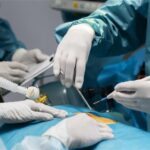
Minimally Invasive Vascular Surgery: Advanced Treatments for Complex Conditions
June 16, 2025 -
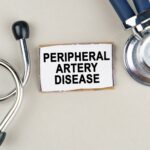
Peripheral Arterial Disease (PAD): What You Need to Know About Symptoms and Treatment
June 10, 2025 -
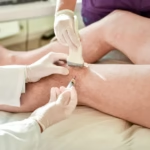
How Endovenous Laser Ablation is Changing Varicose Vein Treatment in Cypress
June 5, 2025 -

Best Vascular Surgeons in Houston: How to Choose the Right Specialist
June 5, 2025 -
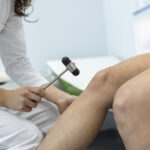
Houston’s Best Varicose Vein Treatments: Expert Advice for Vascular Health
March 10, 2025 -

Meet Dr. Neil Desai: Cypress’s Trusted Vascular Surgery Expert
March 10, 2025 -
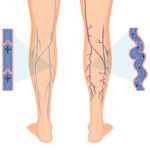
Top Solutions for Varicose Veins: Finding the Best Treatment in Houston
March 10, 2025
Contact Us
Important Links
Practice Location
- © Dr. Neil Desai, Vascular Surgeon Cypress, Houston, TX
